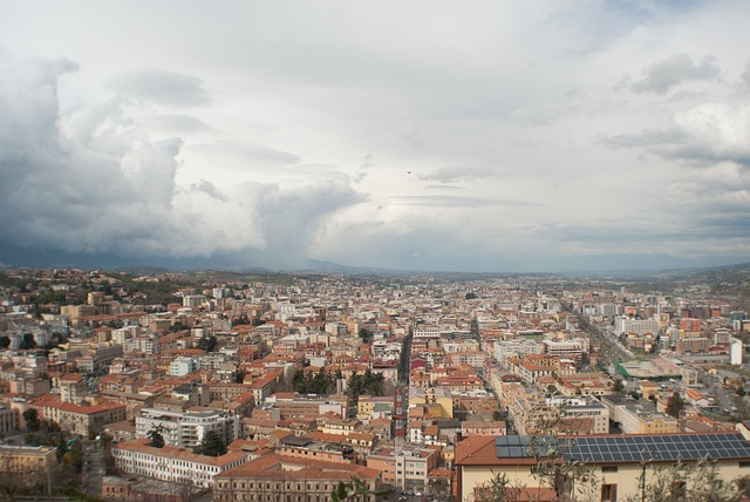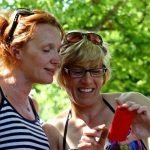
Che lingua si parla in Italia? Se vi facessi questa domanda, probabilmente rispondereste subito con l’italiano o con i dialetti locali. E se vi dicessi che in Italia vivono anche piccole comunità non italiane che parlano una lingua diversa? Oggi vi parlerò di una di queste comunità non italiane in Italia.
What language do people speak in Italy? If I asked you this question, you would probably answer immediately with Italian or local dialects. But what if I told you that in Italy live also small non-Italian communities that speak a different language? Today, I’m going to talk about one of these non-Italian communities in Italy.
Arbëreshë
Gli Arbëreshë sono un gruppo di persone con radici albanesi che vivono nel Sud Italia. Sono conosciuti anche come albanesi d’Italia.
Arbëreshë are a group of people with Albanian roots that live in Southern Italy. They’re also known as Albanians of Italy.
Sono i discendenti degli albanesi giunti in Italia tra il XIV e il XVIII secolo. Parlano l’arbëresh, cioè un miscuglio linguistico che combina suoni del dialetto tosco-albanese con dialetti regionali italiani ed elementi greci.
They are the descendants of Albanians who came to Italy from the 14th and the 18th century. They speak Arbëresh, that is a language mixture that combines sounds from Tosk Albanian dialect and regional Italian dialects and Greek elements.
La comunità arbëreshë conserva alcune usanze tradizionali, così come l’arte e anche la gastronomia.
The Arbëreshë community preserves some traditional customs, art and even gastronomy.
Il primo martedì dopo Pasqua, gli Arbëreshë che vivono in provincia di Cosenza organizzano ogni anno una festa.
On the first Tuesday after Easter, Arbëreshë who live in the province of Cosenza organize every year a festival.
La scelta del giorno della festa è legata alla vittoria dell’eroe nazionale albanese, Giorgio Castriota Skanderbeg, contro l’esercito turco-ottomano.
The choice of the day of the festival is linked to the victory of Albania’s national hero, Giorgio Castriota Skanderbeg, against the Turkish-Ottoman army.
Durante la festa si tengono dei canti e dei balli tradizionali chiamati vallje. I ballerini indossano costumi tradizionali fatti di seta e ricamati con fili d’oro e danzano in cerchio, tenendosi per mano e cantando.
During the festival, there are songs and traditional dances called vallje. Dancers dress in traditional costumes made of silk and embroidered with golden threads and dance in circle, holding hands and singing.
Se capitate dalle parti di Cosenza, più precisamente a Civita, il primo martedì dopo Pasqua, dovete partecipare a questa bella festa.
If you happen to be near Cosenza, in Civita, to be more precise, on the first Tuesday after Easter, you should participate in this beautiful festival.
Did you already know about these non-Italian communities living in Italy? Have you been to the festival organized by Arbëreshë? Did you like it?
If you found this article interesting, don’t forget to share it and like our Facebook page!
Credits
Original image by javiersauret




 English-Italian false friends
English-Italian false friends

